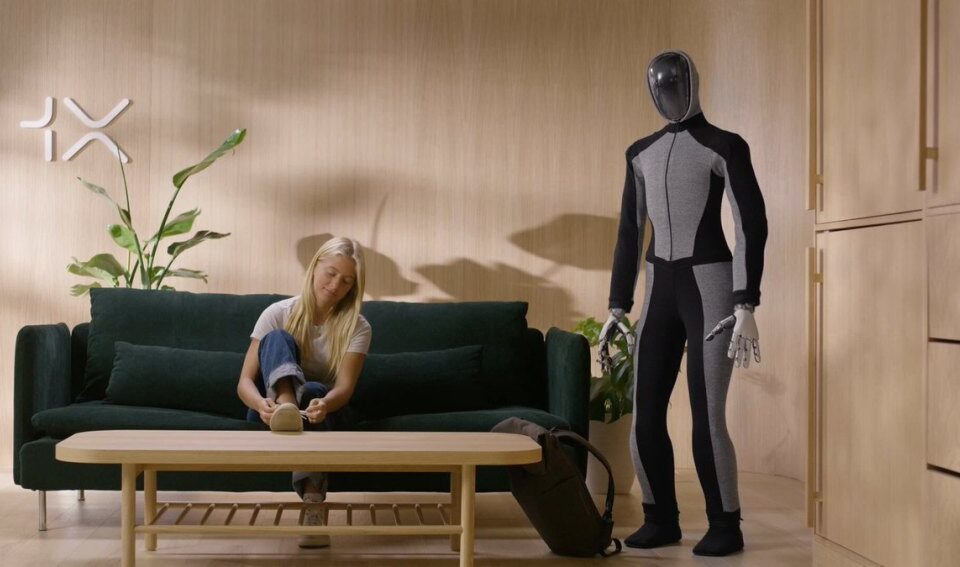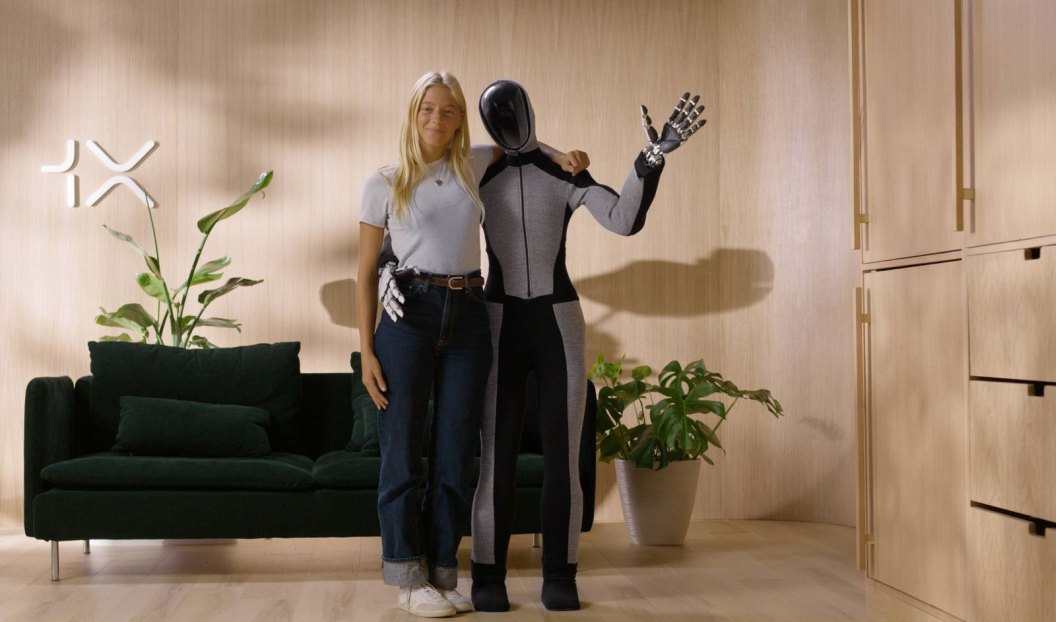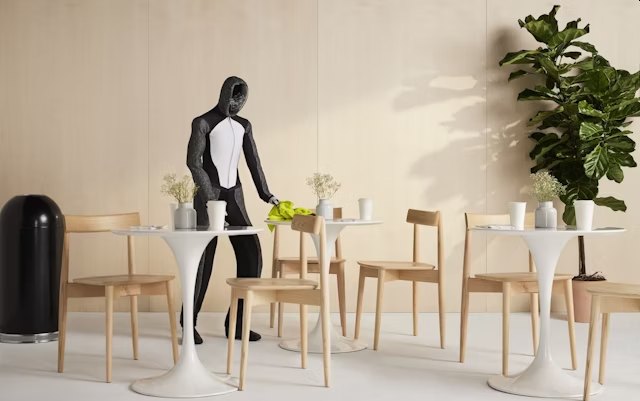OpenAI-backed humanoid robotic startup 1X unveils NEO Beta: The most realistic home cleaning robot yet

Oslo-based robotic startup 1X Technologies has just unveiled the most realistic AI-powered humanoid yet: NEO Beta, a two-legged robot designed for everyday home assistance. Standing 5 feet 5 inches tall and weighing 66 pounds, NEO Beta can walk at 2.5 miles per hour and run at 7.5 miles per hour. With a carry capacity of 44 pounds, it can operate for 2 to 4 hours on a single charge.
NEO Beta uses embodied artificial intelligence to navigate its environment and learn from interactions. It’s built to handle various tasks, from household chores to providing companionship for individuals with mobility challenges. If needed, it can also be remotely operated by a human.
With the release of NEO, 1X Technologies joins the ranks of China’s AGIBOT and Tesla’s Optimus. The realism and fluidity of NEO’s movements have sparked debate on X (formerly Twitter), with many questioning whether it was a person in disguise. A brief video shared on X shows NEO helping a woman with her backpack as she exits the room.
Introducing NEO Beta.
Designed for humans. Built for the home. pic.twitter.com/5S6jpRjUQp— 1X (@1x_tech) August 30, 2024
Earlier this year, the OpenAI-backed 1X raised $100 million to scale production of NEO. The Norwegian company, which added OpenAI and Tiger Global to its shareholders during last year’s Series A round, aims to make NEO a household name in the race for an affordable robot butler.
Founded in 2014 and headquartered in Moss, south of Oslo, 1X Technologies was previously known as Halodi Robotics. The company’s first android, EVE, has been in use for the past four years in areas like logistics and security. Weighing 80kg, EVE features wheels instead of legs.

Børnich emphasizes the importance of NEO’s design, citing the example of reaching over a sofa to plug something into a wall socket—an impossible feat for a robot on wheels. While safety remains a priority, NEO’s lightweight and soft exterior ensures it won’t pose a risk, such as dropping heavy objects near people.
“We don’t care too much about walking. The hard problem is what we’ve already been working on for many years, which is manipulation. Having two legs is incredibly important in the home because you need to be able to do so much at such a small footprint,” Børnich says, using the example of reaching over the sofa to plug something into a wall socket. That would not be possible for a robot on wheels.
1X’s mission is to tackle global labor shortages. With NEO, the company is now focusing on a more challenging arena: people’s homes. NEO, lighter at 30kg and equipped with two legs instead of wheels, is designed to navigate tighter spaces within homes. According to CEO and cofounder Bernt Øivind Børnich, the real challenge isn’t walking but manipulating objects, a task that requires the agility provided by two legs.

NEO cleaning the table




